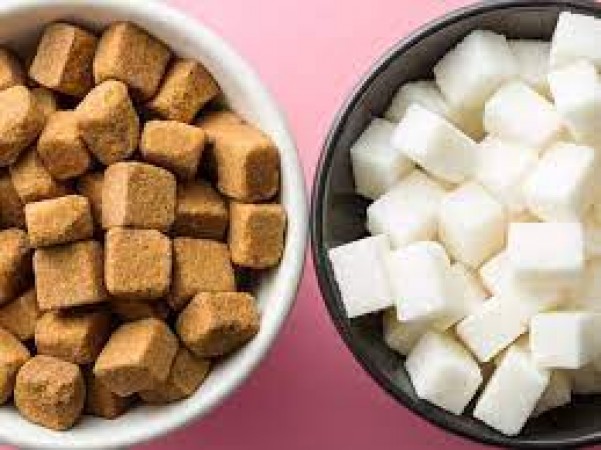
Sugar is a ubiquitous ingredient in our diets, used to sweeten a wide range of dishes and beverages. Among the various types of sugar available, brown sugar stands out for its distinctive flavor and color. In this article, we'll delve into the process of making brown sugar and explore why it might be considered a healthier option compared to its white counterpart. Sugar has been a staple in human diets for centuries, adding sweetness and enhancing the flavor of countless dishes. One popular variety of sugar is brown sugar, which is often favored for its caramel-like taste and its versatility in both sweet and savory recipes.
The Production Process of Brown Sugar
Brown sugar is typically made from sugarcane or sugar beets. The process begins by extracting juice from these plants, which is then processed to remove impurities. The extracted juice is then boiled and reduced to create a thick syrup. This syrup contains both sugar crystals and molasses, which gives brown sugar its characteristic color and flavor.
During the production process, the concentration of molasses in the syrup determines the type of brown sugar produced. Light brown sugar has a lower molasses content, resulting in a milder flavor, while dark brown sugar contains more molasses, offering a stronger and richer taste.
White Sugar vs. Brown Sugar: What Sets Them Apart?
White sugar, often referred to as refined or granulated sugar, undergoes a more extensive refining process. This process involves removing almost all traces of molasses, resulting in a product with a pure sucrose content. On the other hand, brown sugar retains some of the natural molasses, which not only affects its flavor but also its nutritional profile.
The Benefits of Brown Sugar
Brown sugar's retained molasses content provides it with certain benefits. Firstly, molasses is rich in minerals like iron, calcium, and potassium, which are mostly absent in refined white sugar. Additionally, the presence of molasses gives brown sugar a lower glycemic index compared to white sugar. This means that it causes a slower and steadier rise in blood sugar levels, which can be beneficial for people with diabetes or those aiming to manage their sugar intake.
Brown Sugar in Baking: Does It Make a Difference?
When it comes to baking, brown sugar can make a significant difference in both flavor and texture. Its molasses content contributes moisture, making baked goods softer and chewier. The caramel notes of brown sugar can also add depth to desserts like chocolate chip cookies, muffins, and cakes.
Is Brown Sugar Really Healthier?
While brown sugar offers certain nutritional benefits over white sugar, it's important to remember that both are still added sugars that should be consumed in moderation. While brown sugar provides trace minerals and a lower glycemic index, it's not a superfood. Healthier alternatives to both brown and white sugar include natural sweeteners like honey, maple syrup, and fruit-based sweeteners. Brown sugar is made by retaining some molasses during the refining process, which gives it its characteristic color, flavor, and nutritional benefits. While it may offer some advantages over white sugar, it's essential to maintain a balanced approach to sugar consumption and explore healthier alternatives whenever possible.
Balancing Your Plate: Red Meat, Bone Health, and Well-being
From Delight to Distress: Unmasking the Risks of Milkshake Indulgence
Morning Blood Sugar Surges: Understanding the Dawn Phenomenon